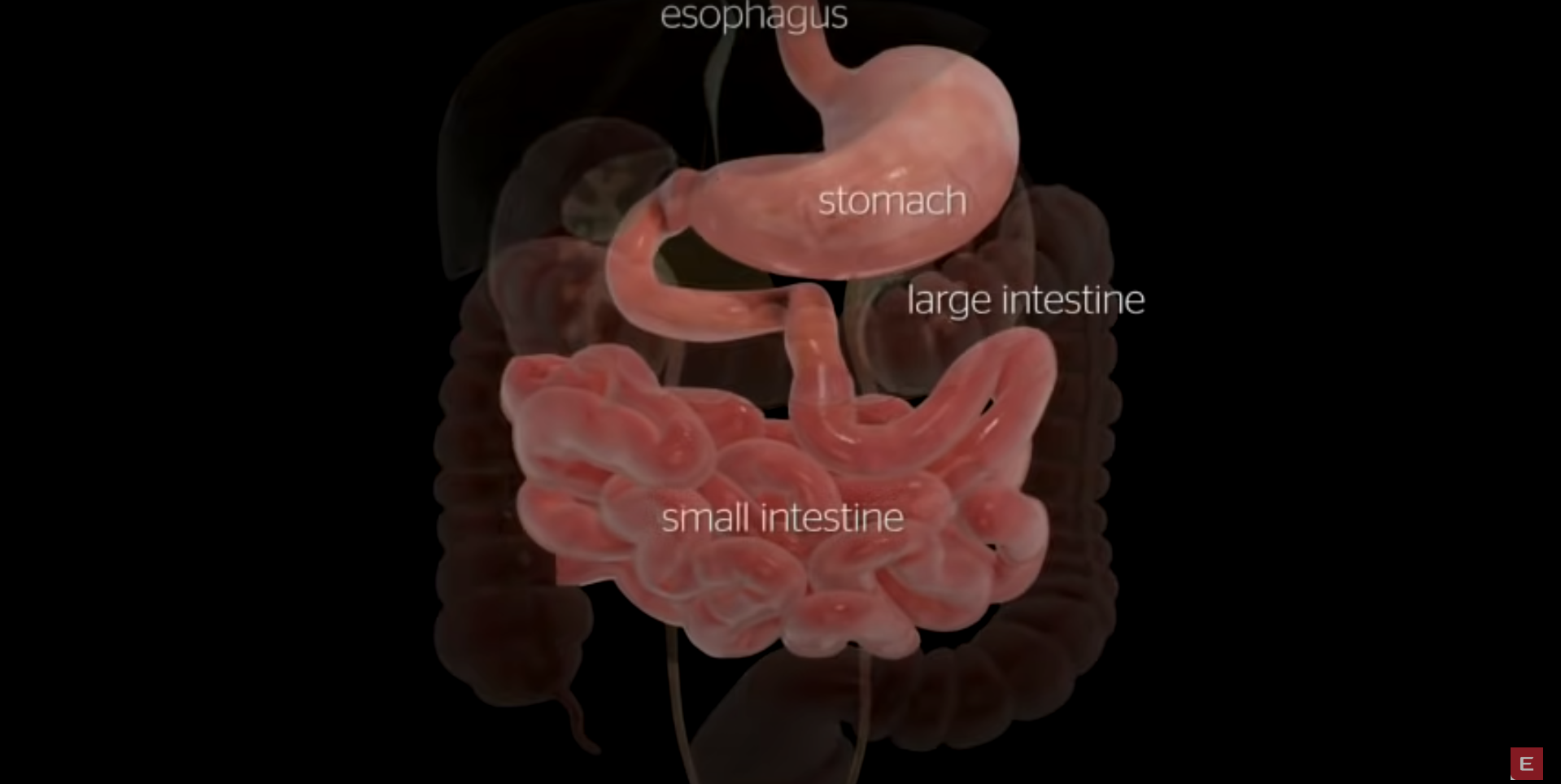Gastric Bypass Weight Loss Surgery Dallas, Fort Worth, Mansfield & Plano
- Home
- Weight Loss Surgery
- Gastric Bypass

What is an Orbera Gastric Balloon?
Orbera Gastric balloon is a non-surgical outpatient procedure recommended for individuals who are unable to lose weight with diet and exercise alone and have body mass index between 30 to 40. During the gastric balloon procedure, a fluid filled balloon is inserted through your mouth, down your esophagus and into the stomach. The balloon takes up space, which limits food intake and makes you feel full sooner. It is a temporary procedure and the balloon is removed after a period of 6 months.
Who Qualifies for a Gastric Bypass Procedure?
- Non-surgical weight loss methods were unsuccessful
- BMI is 40 or higher
- BMI is 35 or higher, along with serious weight related health issues, including type 2 diabetes or high blood pressure
Who Qualifies for a Gastric Bypass Procedure?
- Non-surgical weight loss methods were unsuccessful
- BMI is 40 or higher
- BMI is 35 or higher, along with serious weight related health issues, including type 2 diabetes or high blood pressure
Pre-Operative Care
- Following a Strict Diet
- Quitting smoking and drinking
- Exercising regularly
- Pre-operative Testings
- Procedure
- Post-Op Care
- Risks & Complications
The placement of Orbera Gastric Balloon into the stomach is a simple, non-surgical outpatient procedure. First, a diagnostic test is done to make sure it is safe to perform the procedure. Then the deflated gastric balloon is inserted through the esophagus and into the stomach. Once it is in position, the balloon is inflated with saline and a dye, to maintain the required size. The procedure takes about 15 minutes to complete. The balloon is temporarily left in the stomach for about 6 months.
After the procedure, you may experience some cramps and nausea, as your stomach adjusts. Your throat may feel a little sore. You’ll follow a liquid or soft diet for a few weeks and followed by 6 months of a supervised diet plan. Our team will continue working closely with you during these 6 months.
As with any other procedure, Gastric balloon procedure involves certain risks and complications:
- Esophageal, gastric ulcers or perforation.
- Deflation of the balloon which can lead to blockage.
- Rupture of balloon dye (if used), which will be released in the urine.
The Procedure
Stomach Stapling
In the first step, the surgeon divides the stomach into two portions, one large and the other comparatively smaller (about 30ml or the size of an egg). After dividing the stomach, the smaller part is sewn together to make a pouch, the process is called “stomach stapling”. Reducing the size of the stomach restricts the diet intake of the patient, and therefore helps in weight loss.
Bypass
The second step of a gastric bypass aims at curbing the absorption of nutrients and calories. In this step, the surgeon disconnects the small pouch from the stomach and connects it to a part of the small intestine.
Although making the stomach smaller and rerouting the intestines intuitively makes sense to help someone to lose weight, the hormonal changes after this operation surrounding metabolism can be dramatic and result in virtually immediate blood sugar control with resolution of diabetes and sustained weight loss.
During Gastric Bypass Anti-Reflux Surgery, the acid producing portion of the stomach is separated from the esophagus, which limits the possibility of acid or bile traveling from the stomach into the esophagus. The doctors at DFW Bariatrics and General Surgery perform gastric bypass surgery through minimally invasive techniques. In patients with a body mass index more than 35 kg/m2, Gastric Bypass is the most favorable option as it treats many disorders that occur due to acid reflux disease.
Post-Operative Care
After a gastric bypass procedure in Dallas/Fort Worth, TX or anywhere else, it is essential to follow a list of post-operative care measures. The measures include:
- Strictly follow doctor’s instructions
- Regularly follow up with your physician
- Religiously take your pain medication
- Sleep properly, Stay hydrated
- Vitamin replacements for life are essential to prevent any deficiencies
Risks & Complications
A few risks and complications in a gastric bypass procedure include:
- Deep Vein Thrombosis or DVT
- Gallstones
- Infection
- Bleeding
- Quick dumping of food in intestines, leading to nausea and other complications
- Ulcers
Need Weight Loss Surgery in Dallas, Mansfield, Plano, and Texas?
Contact Us!
If you’re looking for surgeons who specialize in weight loss surgery, look no further than Dr. Sachin Kukreja, Dr. Elizabeth Hooper, and Dr. Rebecca Barr at DFW Bariatrics and General Surgery. To schedule a consultation with one of our gastric bypass surgeons, simply call 469-620-0222 or fill our contact form, and we will get back with you shortly.





